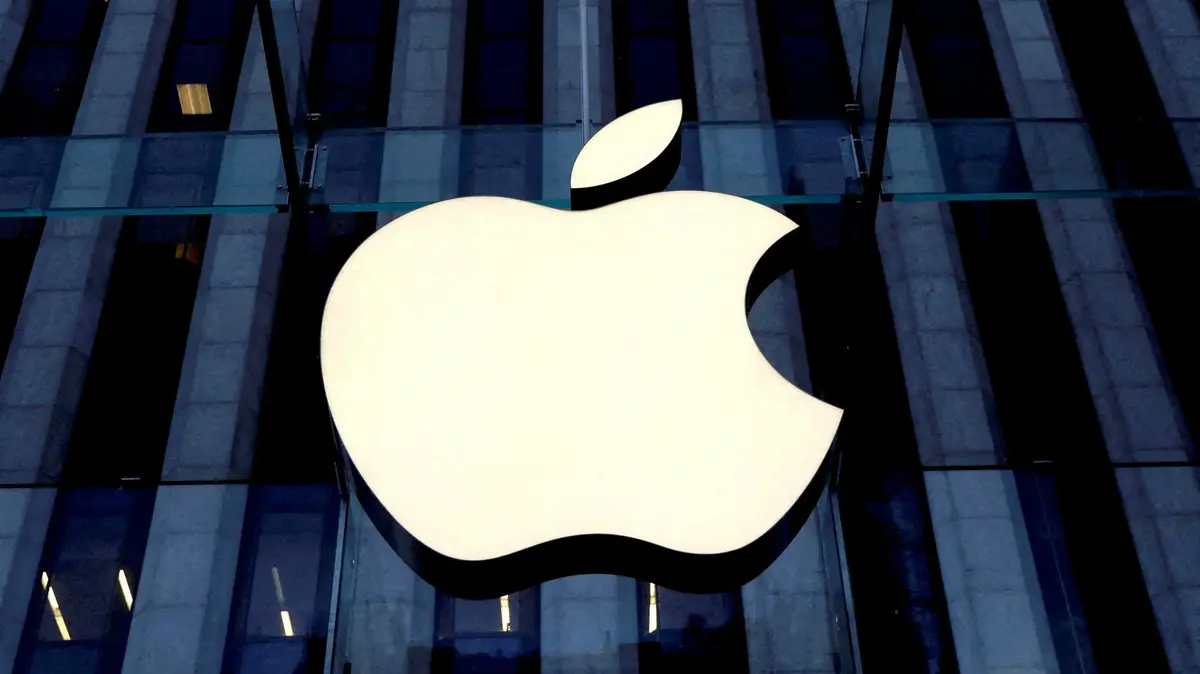Apple/Reuters
Serious accusations: after more than 5 years of investigation, the US Department of Justice, together with 16 attorneys general from different states in the US, filed a large-scale lawsuit against Apple. The lawsuit accuses the iPhone manufacturer of operating an illegal monopoly in the smartphone market, in violation of Antitrust. According to the Ministry of Justice's statement, Apple imposes "selective" contractual restrictions on developers and prevents essential access to certain features on the phone, in order to prevent competition.
"Apple harms applications, products and services that would otherwise make users less dependent on the iPhone," wrote the Attorney General Merrick Garland in a press release published on CNN. "Apple is using its monopoly power to squeeze more money from consumers, developers, content creators, artists, publishers, small businesses and merchants, among others. The
US Department of Justice alleges that Apple has abused its exclusive control on iOS to block new apps and competing streaming services from the public.The lawsuit also alleges that Apple made it difficult to display Android notifications on iPhones, blocked competing payment platforms and limited how competing smartphones connected to iOS devices.
The lawsuit claims: "Apple is using its monopoly power to squeeze more money from consumers."
Tim Cook, CEO of Apple, Archive/GettyImages
Now, the US Department of Justice is asking the court to prevent Apple from "using its control over app distribution to harm multi-platform technologies," and to require it to refrain from "using the general terms of its contracts with developers, accessory manufacturers, consumers or others to obtain, maintain, to extend or establish a monopoly".
The lawsuit comes against the background of another fine of 1.8 billion euros ($1.95 billion) imposed against it by the European Commission.
The commission ruled that Apple prevented developers of music streaming services from "informing iOS users about inexpensive and alternative music subscription services" available outside the App Store.
More in Walla!
The treatment that prolongs the lives of lung cancer patients
In collaboration with the Israeli lung cancer association
Apple: "Dangerous precedent"
The lawsuit was met with an angry response from an Apple spokesperson, who claims that it "threatens who we are and the principles that differentiate Apple products in highly competitive markets. If the lawsuit is successful, it will harm our ability to create the kind of technology that people expect from Apple - where hardware, software and services meet. It also You will set a dangerous precedent, and allow the government to significantly interfere in shaping people's technology."
More on the same topic:
Dark

